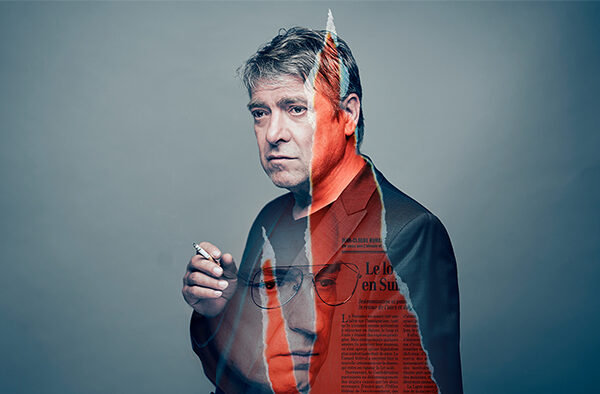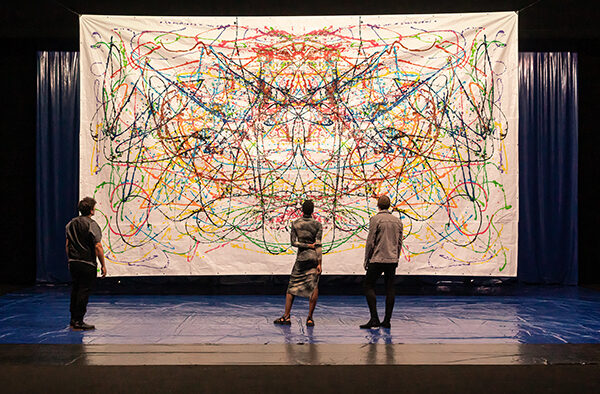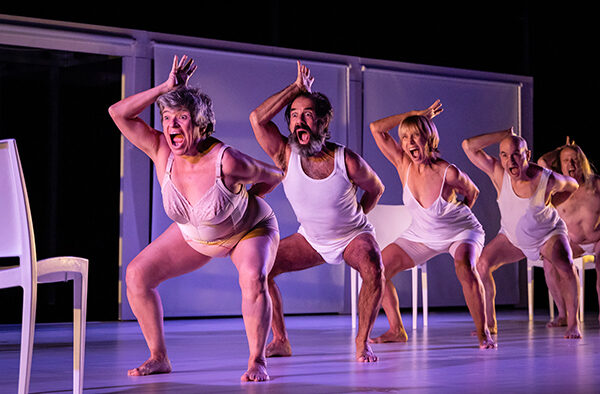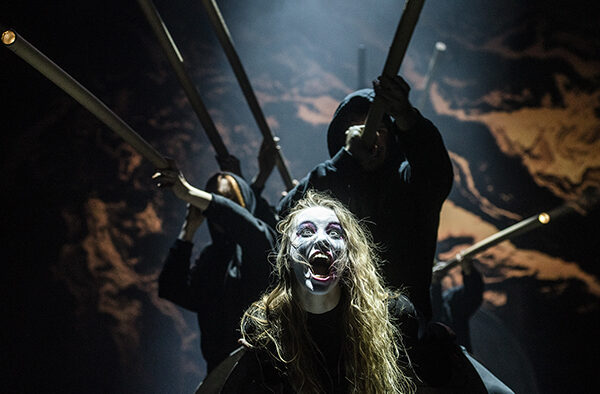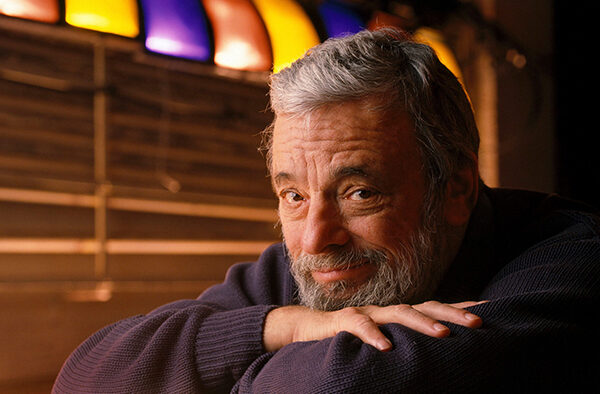It's been years since reality entered the theaters and took over the stage. As has also happened with the rise of the essay in literature or the documentary in audiovisuals, creators and audiences have become interested in theater that speaks not only of reality but also of the present. Because? Do we need to understand the permanent crisis we live in? Has fiction distanced the theater from the spectator? Are we tired of the 'lies'? Is the theater the best space for collective reflection?
Labels always cause problems, especially when we want to label things that are difficult to label. Stage installations, the theater of objects or the so-called "theatre without theatre" are described with terms such as contemporary creation, new dramaturgies, multidisciplinary, hybrid... But the fact is that the performing arts are not always, by definition , contemporary, multidisciplinary and hybrid? We talk to three pairs of creators who have a lot to say on the subject. And that, in addition, they put on fantastic shows.
The rise of the extreme right is a global phenomenon. On the European continent, it is being demonstrated with attacks on various groups by their violent factions, to electoral results that have even led to the presidency of the ultra parties of countries with so much weight in the European Union like Italy How is this reality transferred to theatrical settings? How should we respond from the current creation? How is democracy preserved? Is the anti-fascist position something for all democrats? We talk about it in this episode that aims to overcome hate speech.
Have you ever wondered what your death will be like? Have you ever thought if the last years of your life? Will you spend your old age in a retirement home? Have you ever contemplated suicide? In a single chapter we will talk about topics that we constantly avoid. Three taboos Let's start with one of the few certainties we have, death. What equalizes everyone never appears in conversations and a good excuse can be provided, precisely, by plays such as "Those who do not die" by Las Huecas or "Sleeping City" by Pau Masaló and Irene Visa. But, before reaching the end of life, we also do not talk about the previous stage of most mortals, old age. We look away from it so much that it even gives rise to discrimination such as ageism. "Moriu-vos", the new "Culture and conflict" project, invites us to reflect on it. Finally, another taboo that we break is that of suicide. There are more and more people who consider that hiding it under silence does it no good, but that it is by talking about it and well, that we can prevent it. Two recent shows face him, "Harakiri" by Les Impuxibles and "Lacrimosa" by Bárbara Mestanza and Francesc Cuéllar. Will you join us for this walk that starts in a cemetery?
Classic texts are part of our tradition and are never missing from festival and theater programs. Now, in the middle of the 21st century, perhaps the time has come to consider how we read and represent them. What do we make of their misogynistic, racist, LGBTI-phobic, classist and more messages, a product of the times and contexts in which they were written and, above all, how do we offer them to new generations, both in theaters and classrooms ? We talk about adaptations, revisions and subversions, always with a feminist perspective and a bit of punk.
In the 21st century, not a year goes by that the works of Federico García Lorca do not set foot on our stages, always with public success and always with that validity that only true classics achieve. Why do Federico's words sound so close to us today? What made it so popular? What would you think of the readings and adaptations that are made today of his work? And the problems of access to culture that he already denounced and that we still suffer?
If we are lucky enough to have been able to enjoy some of Stephen Sondheim's musicals in Catalan, it is thanks to the passion and effort of some of our directors, performers and translators. One of the greatest musical composers of the 20th century has starred in glorious pages in the history of our theatre. "Gulf of Rome", "Sweeney Todd", "A Little Night Music", "Follies" or "Company" are some of the titles that appear in this conversation about music and theater, translation and language, craft and passion. A memory, a tribute... A party dedicated to the great Stephen Sondheim.

